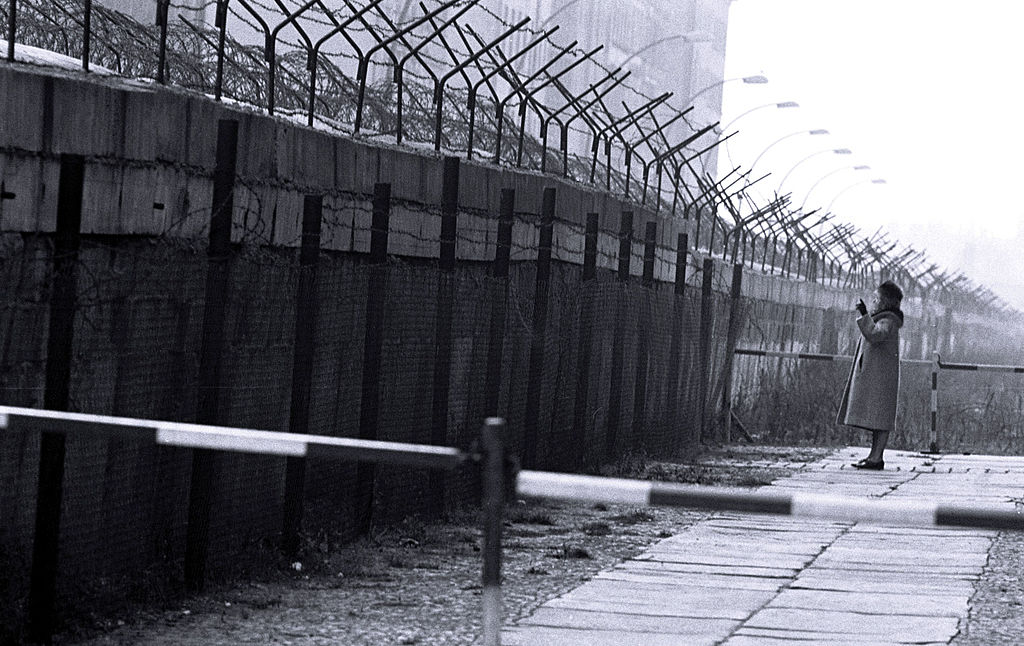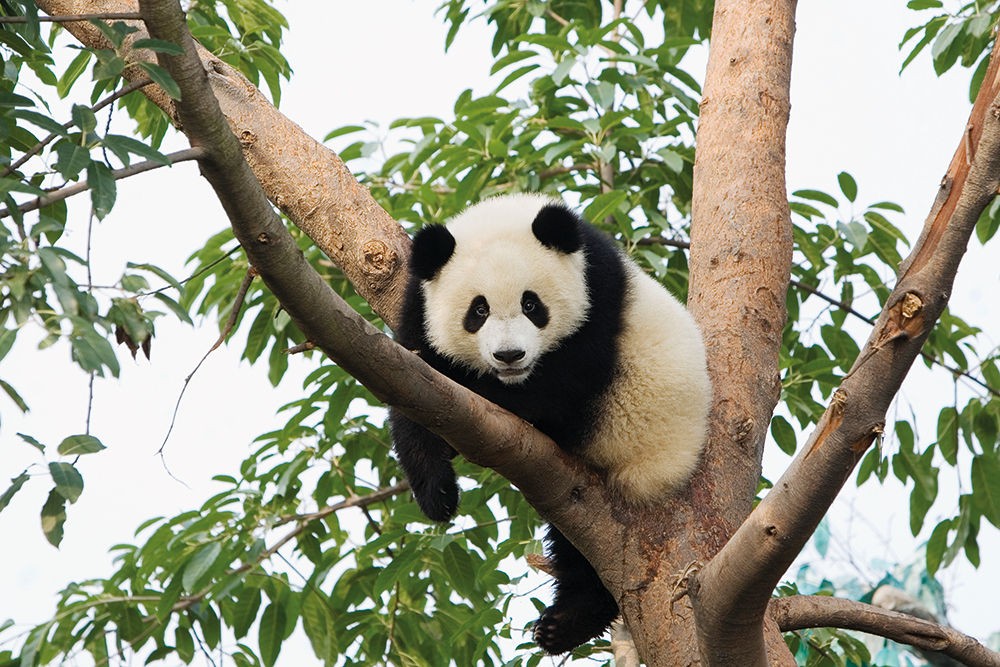My favorite spy movie cliché of all time is the secret agent stuck in the 1980s. The threats have gone asymmetrical, terrorists slip across borders, but our hero longs for the simple days when the world was divided between good Westerners and bad Russians. “You’re a fossil!” sneer his girlboss department administrator, his vegan drone pilot, his tech whiz who has just hunted down a non-state actor by crosschecking the latest SIGINT with a Yelp! review of an Iraqi yoga studio.
Cut to him muttering under his breath à la Judi Dench in Casino Royale: “Christ, I miss the Cold War.”
Now, suddenly, those who miss the Cold War are having a moment. It began, of course, when Russia shocked the world by invading Ukraine, a scenario that just a few months earlier would have sounded like apocalypse fiction. As Vladimir Putin has made clear, this is no one-and-done in the Donbas. And as his troops bog down and the violence wears on, worrying about the Russians has gone from eye-rollingly passé to common sense.
The political fallout began with some of the most difficult words ever uttered in the English language: Mitt Romney may have been right. In the third presidential debate of the 2012 campaign, Barack Obama took Romney to task for having previously said that Russia was America’s biggest geopolitical threat. “The 1980s are now calling to ask for their foreign policy back,” he said. “The Cold War’s been over for twenty years!”
To which Romney should now reply: “The early 2000s IM’ed and they want their foreign policy back.” Romney hasn’t been totally vindicated by Putin’s aggression — it’s still hard to imagine Russia as our biggest sustained threat, its nuclear posturing notwithstanding — but Obama was clearly much too dismissive of Moscow’s imperial ambitions. It’s a reminder that threats sometimes wane only to suddenly reemerge, that the geopolitical landscape undulates beyond our capacity to predict what will come next.
Also due for a reckoning are China worriers like myself. We expected Beijing, not Moscow, to be the great challenge of the twenty-first century, perhaps even touching off a second Cold War. We were aware of Russia, but we tended to regard it as the little yapping dog to China’s larger and more patient beast. I can mumble the arguments in my sleep: Russia’s economy is the size of Italy’s; it has one tenth the population of China; its aggression is really just desperation by Putin; haven’t you heard of the Thucydides Trap? (I still wish I hadn’t.)
Yet today China appears to have been caught dozing at its desk. Russia is one of China’s most important relationships, yet Xi Jinping has apparently been as pantsed by Putin’s quagmire in Ukraine as the rest of us. He’s been struggling to balance the necessity of a friendly Moscow with the reality that Russia’s actions have been distinctly un-cautious and thus un-Chinese.
There is a certain type of foreign policy guru for whom Russia has always loomed large. Some of it is, if not nostalgia for the Cold War, a burning memory of it. Some of it is unipolar-era hubris, the sense that it was NATO’s destiny to creep right up to Russia’s border, that liberal democracy must wash clean every ex-Soviet bastion. Some of it is political, the (completely bonkers) notion that Putin and Donald Trump were conspiring together in a blanket fort. And some of it is personal: they know Eastern Europeans who have long feared the Russian bear.
Yet as a wartime climate now sets in here in America, it’s worth recalling some of the more complex spy fiction out there. John le Carré, perhaps the greatest spy novelist of all time, depicted espionage not as a matter of moral absolutes but of flawed and corruptible men, with the Americans and Soviets often blurring together. Graham Greene portrayed nations like Cuba and Haiti as caught in the middle of what to them were alphabet-soup abstractions, the USA and the USSR.
This weariness with, and wariness of, the Cold War was very real and ought to give us pause. The world was not as united and simple then as we make it out to be today. And while there’s little question that Vladimir Putin’s invasion is an act of evil, it doesn’t follow that we start carving up our understanding of the world between free and enslaved. It also doesn’t mean those who question official policy are turncoats and quislings, or that everyone is suddenly going to forget America’s own failed occupations, even if those were better intentioned.
Even allowing for Russia’s aggression, the fact remains that the Cold War is over. The world is not torn asunder between America-aligned democracies and Russia-aligned autocracies. Putin has no iron curtain; he hasn’t even been able to take Mariupol. History rarely repeats itself in such witless and clubfooted fashion. As for our hero, picture him in a skimmer hat on a Caribbean beach, tumbler in hand, waiting for that call from HQ. He waits and waits, but this time it never comes.
This article was originally published in The Spectator’s May 2022 World edition.

























